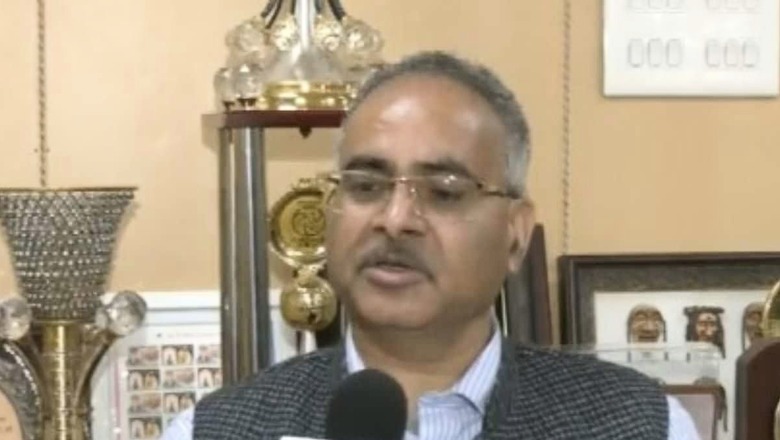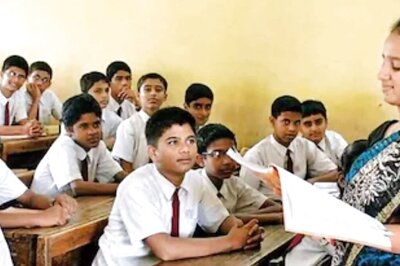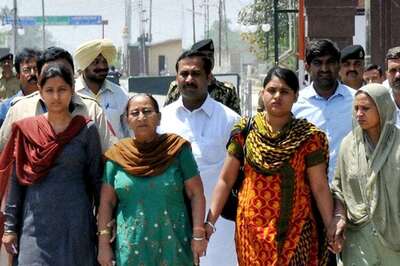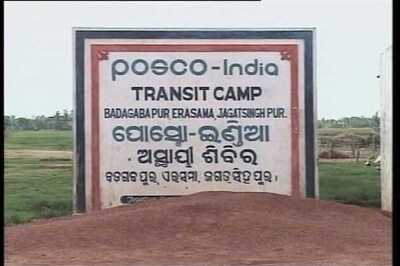
views
A day after new NCERT history and other textbooks came into question as several chapters and references to certain topics were left out, the council’s head Prof Dinesh Prasad Saklani called the row over it “useless”. He said these “cuts” were discussed in detail and explained last year, when they were announced in order to reduce the burden on students due to Covid stress.
“This debate is unnecessary as of now. For three months last year, we gave detailed explanations on this. It was accepted by all. This controversy is not required,” said Saklani. “There was a standard procedure. It was a critical assessment of the experts. It’s not about my opinion. Whatever opinion was given by experts must be adhered to.”
Speaking specifically on the chapter on Mughal era courts being dropped from the syllabus, the NCERT director said, “There were two chapters on this subject of 16th and 17th century Mughals. The larger chapter, which is more inclusive, has been kept and that was also the recommendation of the expert committee.”
The said chapter was removed to reduce workload as part of the NCERT exercise last year. Asked why it was not brought back, Saklani said it was because new textbooks were under process.
“We are starting work on NEP (National Education Policy) 2020, so we didn’t want to carry out another exercise just for a small period. Our NCF (National Curriculum Framework) for school syllabus is almost ready. Based on that, new textbooks will be written. Those books will take care of the syllabus from Classes 3 to 12. For this small period, the whole exercise could not be repeated,” he said.
On references to Gandhi, Godse and RSS being purged
Saklani defended deletions of references to a ban on RSS after Mahatma Gandhi’s assassination, references to his killer Nathuram Godse as “a Brahmin from Pune” and lines that talked about Gandhi’s pursuance of Hindu-Muslim unity leading to anger among “Hindu extremists”.
“The experts thought that if we are to reduce the content load, then questions that can be asked must also be reduced. If certain sections invite more questions, then that was thought to be cut,” Saklani said.
“Whatever pattern is emerging is because we wanted to reduce the number of questions coming from students. That was the only logic used across subjects and classes. They thought if this is not taught, no harm is done to students and their knowledge is not being curtailed,” he added when asked if such cuts invited criticism on the lines of “saffronisation” of history.
“In Hindi books, we have cut one of the Nirala poems as well. Pages in ancient history have also been removed. Lines on hunting and gathering have been removed. Not just chapters, some lines have been removed from other places as well. Some paragraphs have been removed as those could have led to question load. Some boxes have been removed. And this has been done across subjects,” he said.
In fact, he added, some references to the Emergency imposed under Indira Gandhi have also been deleted from Class 12 sociology textbook.
History ‘distorted’
Asked about the ‘rationalisation’ of history books, Saklani said new textbooks under NEP 2020 will provide all answers.
“Since we are going to implement the NEP and all books are going to be prepared afresh, all will become clear,” he said. “The NEP talks about rootedness in Indian culture, experiential learning and addresses local issues as well. So, keeping these points in view, not only history but all subjects will be taken care of. All experts will be invited, and textbook committees will be there, and they will take note.”
He added: “Whatever NEP recommends, NCF will have that. Based on NCF, textbooks will be prepared. Certainly, they will address issues (distortion or incompleteness of history). Whatever direction NEP has given to us, we will follow. It is our duty to execute that policy. For that, whatever is considered fit will be done.”
Read all the Latest India News here




















Comments
0 comment